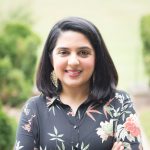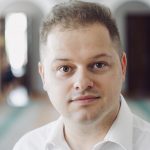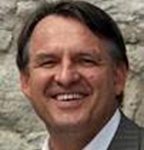More Security Does Not Require Less Freedom: The Case of the NYPD Surveillance Program

Asma T. Uddin is a Senior Scholar at the Freedom Forum Institute and a 2019 Visiting Scholar at Brigham Young University.
A few years ago, the New York Police Department (NYPD) spied on a wide range of Muslims within a 250-mile radius of New York City, without any probable cause or reasonable suspicion of illegal activity. Leaked NYPD reports plus a series of Pulitzer Prize–winning articles published in 2011 by the Associated Press, revealed how it all worked: the NYPD used census information and government databases to map ethnic neighborhoods in New York, New Jersey, Connecticut, and Pennsylvania. The maps at times included groups other than Muslims (for example, Syrian Jews and Egyptian Christians), but the NYPD spied only the Muslims in those neighborhoods.
Undercover agents would infiltrate mosques and religious schools. These agents would sit among the Muslims and listen in on their conversations, sometimes engaging them in conversations of their own, all for the purpose of assessing their religious and political views and reporting them back to the NYPD. Inside the mosques, the agents would record the imam’s sermons and statements by congregants. (more…)


